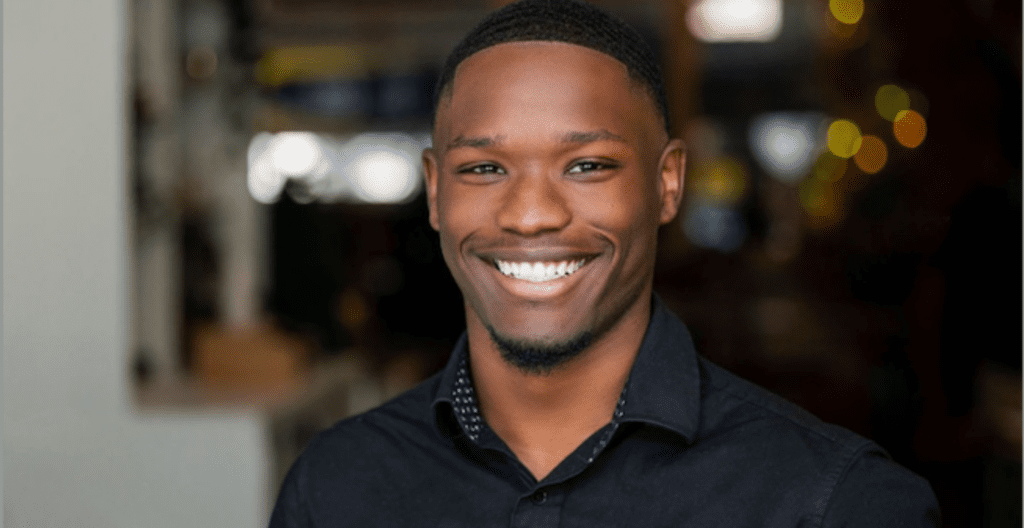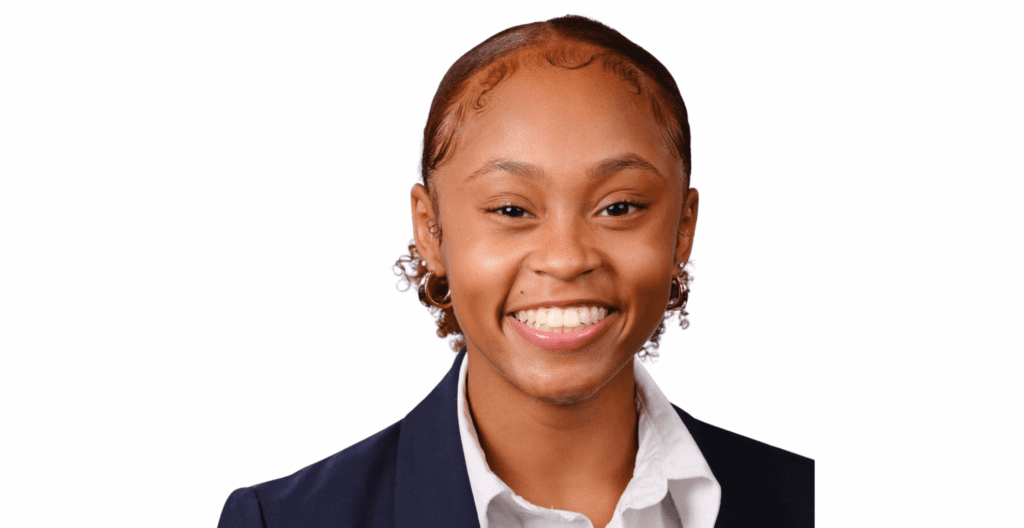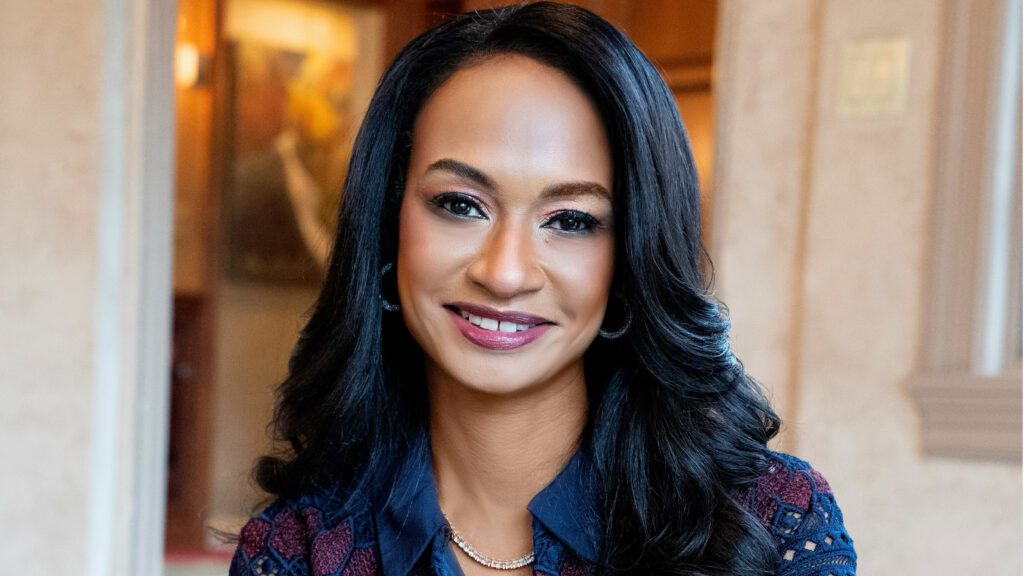BIRMINGHAM, Ala. – Thurgood Marshall College Fund president & CEO, Harry L. Williams’ passion was on full display with each word he spoke during the HBCU Transformation Project Luncheon panel at the National Association of Black Journalists (NABJ) Conference at the Westin Hotel on Friday, August 4.
Addressing a room full of journalists, Williams was fired up throughout the enlightening and critical 90-minute discussion. It seemed appropriate that this panel was in Alabama, a state with 14 HBCUs, the most in the country, and the six community colleges with which TMCF recently partnered.
Williams immediately made it known that while HBCUs make up three percent of higher education institutions in the United States, HBCUs have produced 80 percent of Black judges, 80 percent of Black doctors and dentists, 50 percent of all Black professors, and 50 percent of Black public-school teachers. His voice rose a decibel with each statistic he recited. By the time he finished, a thunderous roar of applause echoed throughout the room.
Williams was part of a panel with United Negro College Fund (UNCF) President Dr. Michael Lomax and Blue Meridian President Jim Shelton moderated by Erica Green of the New York Times. It was an informative panel as they discussed the HBCU Transformation Project in light of the recent Supreme Court decision on affirmative action.
Williams told the audience that the recent U.S. Supreme Court decision “was a personal attack on Thurgood Marshall’s legacy and what he woke up every single day to fight against.”
He also said, “This is not a moment but a movement.”
This is one step in bringing awareness of the impactful and collaborative work being done by TMCF, UNCF, Partnership for Education Advancement, and Blue Meridian Partners, an organization that has pioneered a philanthropic model that operates with an investor mindset but measures success in terms of social impact rather than financial return.
The HBCU Transformation Project recognizes HBCU’s central role in unlocking pathways to prosperity. The equity orientation of HBCUs provides a blueprint for inclusive practices that makes education and the associated opportunity it affords more attainable. The project also aims to ensure the sustainability of HBCUs.
“We are going to fight hard, and we will win big,” Williams said. “Without HBCUs, there’s no Black middle-class today. That’s why we get up every day and fight because our students deserve it, and our institutions need it.”
The goal of the HBCU Transformation Project is to collaborate as a network of institutions, learning from each other and leveraging the power of each organization to elevate the visibility of HBCUs, increase awareness of the impact and encourage investment.
Systemic inequalities and the injustices they create are the issues of our time. As society confronts a long history of social and economic injustice, HBCUs have a proven solution to economic opportunity and equity. The HBCU Transformation Project aims to scale this solution by amplifying the value and impact of Black colleges and universities, widening the pathway to upward mobility for students and families isolated on society’s margins, and advancing racial justice, educational equity, and economic prosperity.
The goals of the HBCU Transformation project are to dramatically increase student enrollment and retention, improve institutional performance, capacity, and innovation, and reverse historical funding inequities to ensure that HBCUs can achieve their transformation goals and continue to provide outstanding educational opportunities for future generations.
When the discussion turned to philanthropy, Williams emphatically shared that & the top 100 corporations can do more and can give more, and we should demand more.
Overall, it was a needed and timely discussion at NABJ and one in which awareness has been raised to an audience of influencers who can amplify the tremendous and collaborative work.
“Our corporate partners have doubled down on their support of our institutions because we have talented students on our campuses,” Williams said. “They need diversity. There’s this noise out there around DEI fatigue where people are tired of it. There is no HBCU fatigue. Let me be clear on that. They are fatigued because they are trying to loop us in that.
“The reality is that HBCUs are thriving in this environment, and we’re doing programming that will get them ready for corporate America.”



